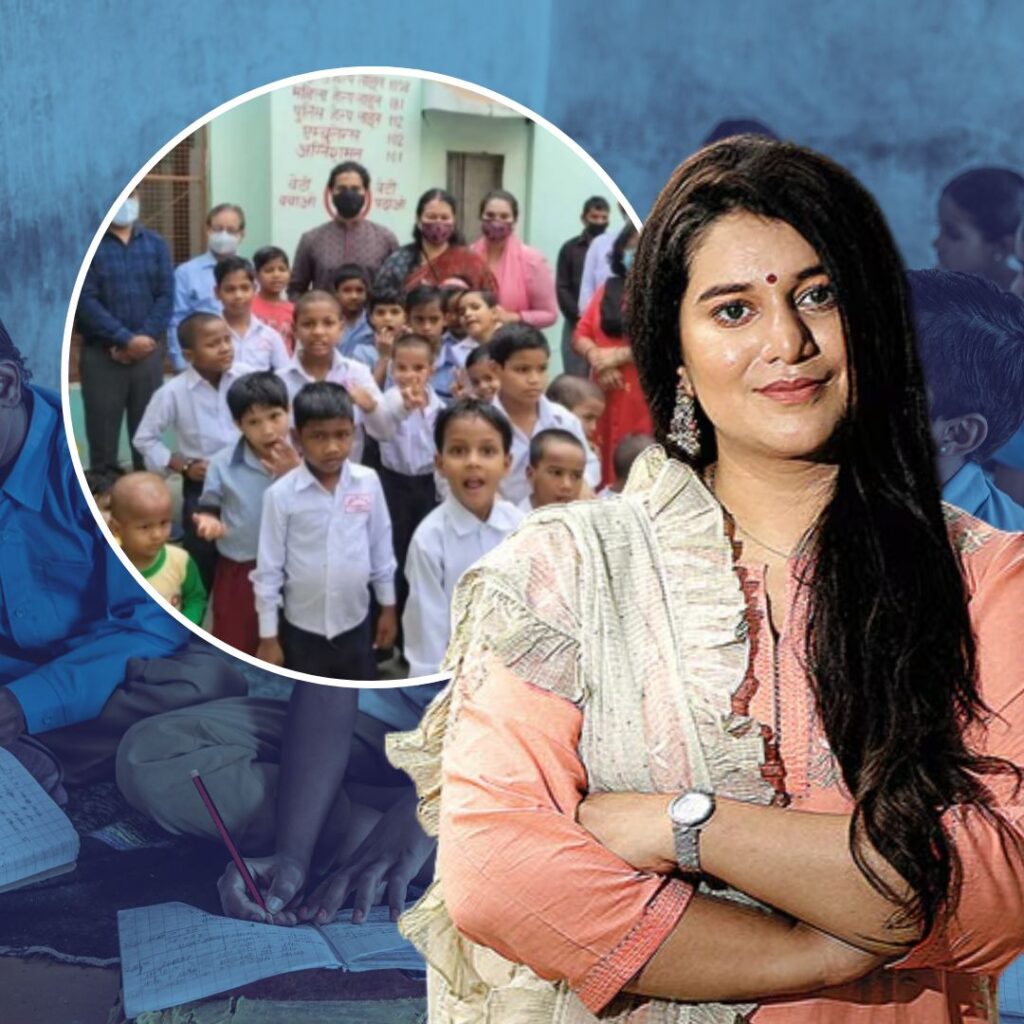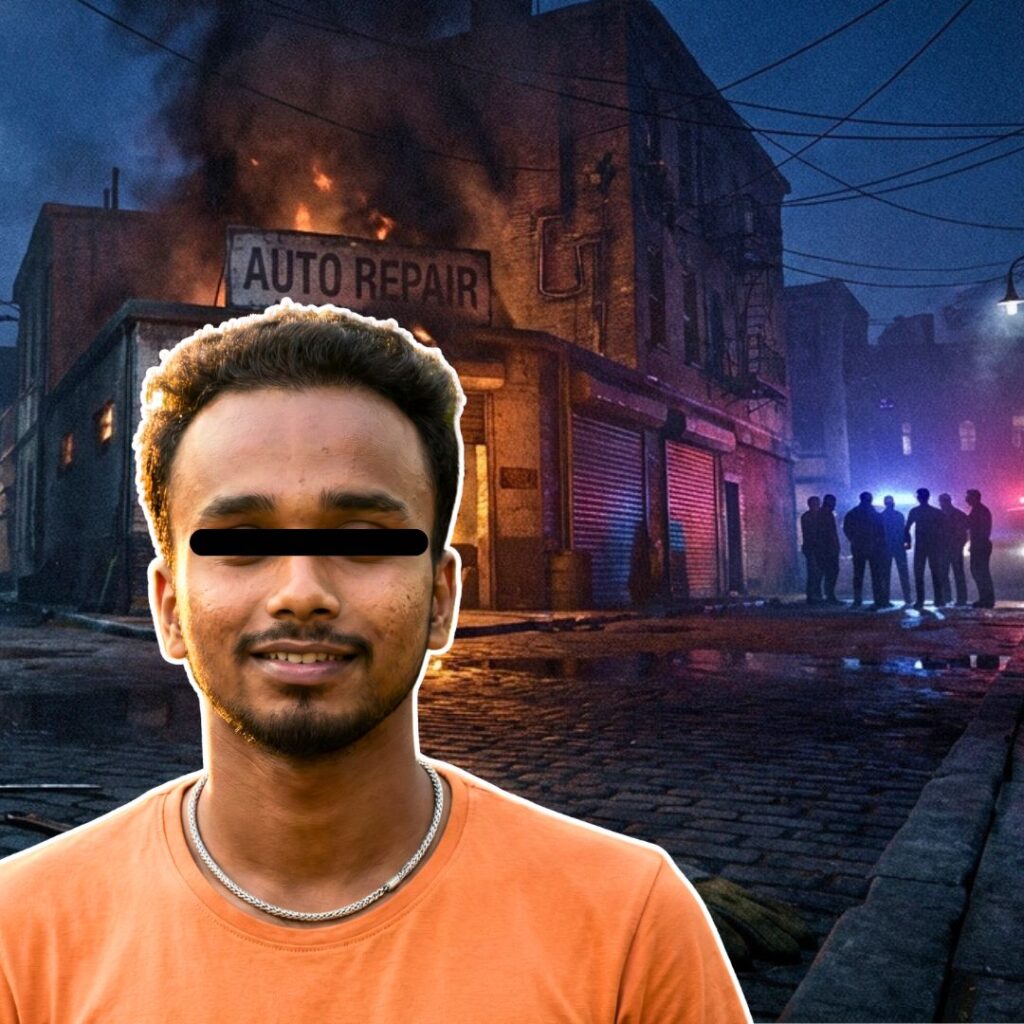Syrian kids have known nothing but war.
In a recent press release UN children’s organisation UNICEF said that around 4.8 million children were born in Syria since the conflict began nine years ago.
An additional 1 million were born as refugees in neighbouring countries and they continue to face the devastating consequences of a brutal war.
‘A child dies every 10 hours as a result of the war,’ the report said.
The children of Syria have witnessed nine terrible years of war.As they wait for peace, this is how UNICEF is working with @WFP to give children a brighter future.#ForEveryChild pic.twitter.com/V2fqQiwAWI
â UNICEF (@UNICEF) March 13, 2020
The report also estimated that over 5 million children are in need inside Syria and 2.5 million more in neighbouring countries.
‘The war in Syria marks yet another shameful milestone today,’ UNICEF Executive Director Henrietta Fore who was in Syria last week was quoted as saying.
‘As the conflict enters its 10th year, millions of children are entering their second decade of life surrounded by war, violence, death and displacement. The need for peace has never been more pressing,’ she added.
The statistics show that between 2014 when official monitoring began, and 2019:
5,427 children were verified killed â an average of one child every 10 hours since monitoring began – and 3,639 verified injured in the conflict;
Close to 5,000 children â some as young as seven â were recruited into the fighting;
Nearly 1,000 education and medical facilities came under attack.
‘The context in Syria is one of the most complex in the world. Violence and active conflict sadly continue in several locations including in the northwest with severe consequences on children,’ Ted Chaiban, UNICEF Regional Director for UNICEF in the Middle East and North Africa, who accompanied Fore on her trip to Syria, said.
‘It is evident, however, that nine years of brutal fighting brought the country to the brink. Families told us that in extreme cases they had no choice but to send their children to work or marry their girls early. No parent should be forced to make such decisions,’ he added.
The escalation in armed conflict, combined with harsh winter conditions and plummeting temperatures, on top of an already dire humanitarian crisis, has exacted a heavy toll on hundreds of thousands of children and families, in northwest Syria.
Since 1 December 2019, more than 960,000 people, including more than 575,000 children, have been displaced.
At least 28,000 children from more than 60 countries are surviving in displacement camps, deprived of the most basic services.
Only 765 children have been able to move back to their countries of origin as of January this year.
After almost a decade of conflict, the data suggests that:
Two in five schools cannot be used because they are destroyed, damaged, sheltering displaced families or being used for military purposes;
Over half of all health facilities are non-functional;
More than 2.8 million children are out of school inside Syria and in neighbouring countries;
Over two-thirds of children with physical or mental disabilities require specialized services that are unavailable in their area;
Prices of basic items have increased 20-fold since the war began;
‘The warring parties and those supporting them have failed to end the carnage in Syria,’ Fore said.
‘Our message is clear: Stop hitting schools and hospitals. Stop killing and maiming children. Grant us the crossline and cross-border access we need to reach those in need. Far too many children have suffered for far too long,’ she added.
Also Read: Fact Check: Viral UNICEF Advisory On Coronavirus Is Fake










